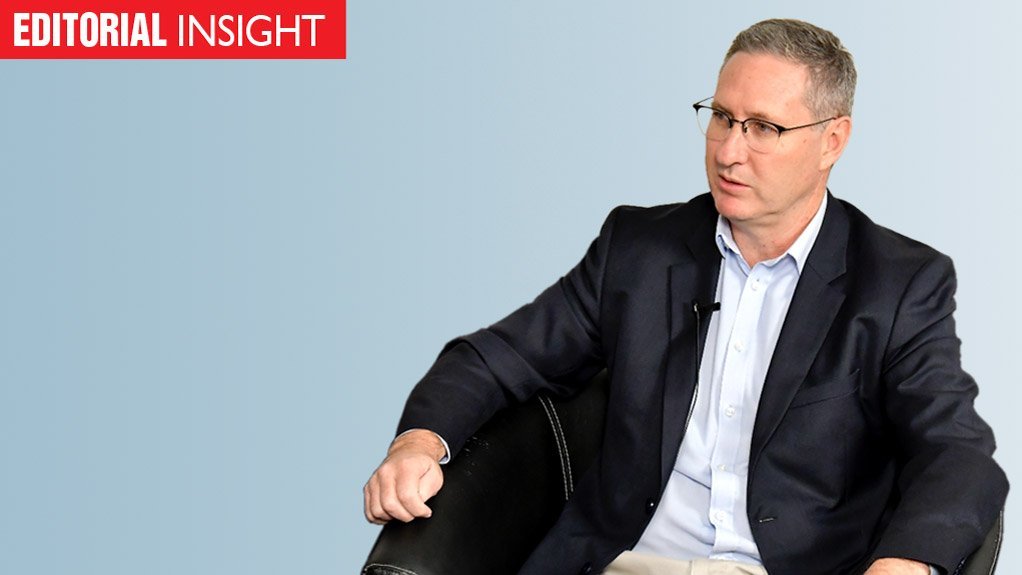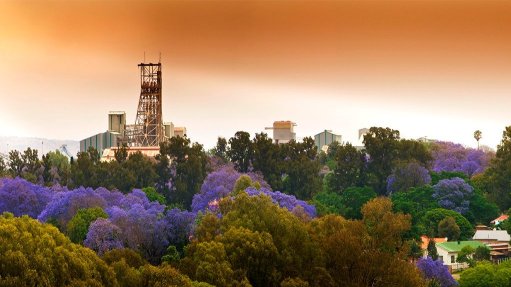Vital overhaul
One of the ironies about South Africa’s use of competitive bidding for just about all public procurement, from the purchase of office stationery to diesel locomotives, is that it hardly ever results in value for money. Many goods and services are bought at prices that are often many times above the price paid by private retail customers.
Doubly ironic is the fact that such rivalry has done very little, if anything, to safeguard the system from corruption. As with so many other areas where citizens or businesses are forced to interface with public bureaucracy, it is those seeking to navigate the rules by the book who are penalised, while underhanded individuals and firms seem able to find loopholes the size of a Kusile boiler.
Acting National Treasury director general Ismail Momoniat summarised the situation accurately, albeit much too diplomatically, when he told lawmakers last month that the public procurement system as it stands is simply “not working”.
This was confirmed over and over again at the Zondo Commission of Inquiry, where it became clear that public procurement was ground zero for State Capture. The inquiry also proved that the abuse of procurement systems by bad actors was widespread and had penetrated just about every department, municipality, State-owned company and agency, from Eskom and Transnet to Denel, South African Airways and the Passenger Rail Agency of South Africa.
Even absent corruption, the system has been found to be overly complex, fragmented, legally fraught and extremely slow moving, making it difficult for officials and suppliers alike, as well as entirely inappropriate for use in an emergency (think Covid and loadshedding).
In other words, it is crying out for reform.
The good news is that the National Treasury has been working on these reforms for some time and has packaged them into a Public Procurement Bill, which will enter the Parliamentary process this year.
The not-so-good news is that this process will not only take time to finalise, but simply signals the end of the beginning, as reform at the actual coalface will rely heavily on subordinate regulations, as well as on actual implementation and the legal precedents that will emerge once disputes arise.
The draft Bill itself appears to contain some sensible guidelines, however.
Procurement will still be used as a tool of socioeconomic transformation and redress, but significant emphasis is being placed on value for money as a primary objective. Also crucial is the degree of differentiation it provides, distinguishing the routine procurement of goods and services, for instance, from infrastructure and capital assets.
In addition, the framework caters for differing procurement methods and allows public departments, entities and State companies greater flexibility in the way non-price elements are introduced and evaluated.
To be sure, it’s not perfect and some of these imperfections will no doubt be raised during the Parliamentary hearings. But it’s an important first step in cleaning up the mess.
Article Enquiry
Email Article
Save Article
Feedback
To advertise email advertising@creamermedia.co.za or click here
Announcements
What's On
Subscribe to improve your user experience...
Option 1 (equivalent of R125 a month):
Receive a weekly copy of Creamer Media's Engineering News & Mining Weekly magazine
(print copy for those in South Africa and e-magazine for those outside of South Africa)
Receive daily email newsletters
Access to full search results
Access archive of magazine back copies
Access to Projects in Progress
Access to ONE Research Report of your choice in PDF format
Option 2 (equivalent of R375 a month):
All benefits from Option 1
PLUS
Access to Creamer Media's Research Channel Africa for ALL Research Reports, in PDF format, on various industrial and mining sectors
including Electricity; Water; Energy Transition; Hydrogen; Roads, Rail and Ports; Coal; Gold; Platinum; Battery Metals; etc.
Already a subscriber?
Forgotten your password?
Receive weekly copy of Creamer Media's Engineering News & Mining Weekly magazine (print copy for those in South Africa and e-magazine for those outside of South Africa)
➕
Recieve daily email newsletters
➕
Access to full search results
➕
Access archive of magazine back copies
➕
Access to Projects in Progress
➕
Access to ONE Research Report of your choice in PDF format
RESEARCH CHANNEL AFRICA
R4500 (equivalent of R375 a month)
SUBSCRIBEAll benefits from Option 1
➕
Access to Creamer Media's Research Channel Africa for ALL Research Reports on various industrial and mining sectors, in PDF format, including on:
Electricity
➕
Water
➕
Energy Transition
➕
Hydrogen
➕
Roads, Rail and Ports
➕
Coal
➕
Gold
➕
Platinum
➕
Battery Metals
➕
etc.
Receive all benefits from Option 1 or Option 2 delivered to numerous people at your company
➕
Multiple User names and Passwords for simultaneous log-ins
➕
Intranet integration access to all in your organisation




















